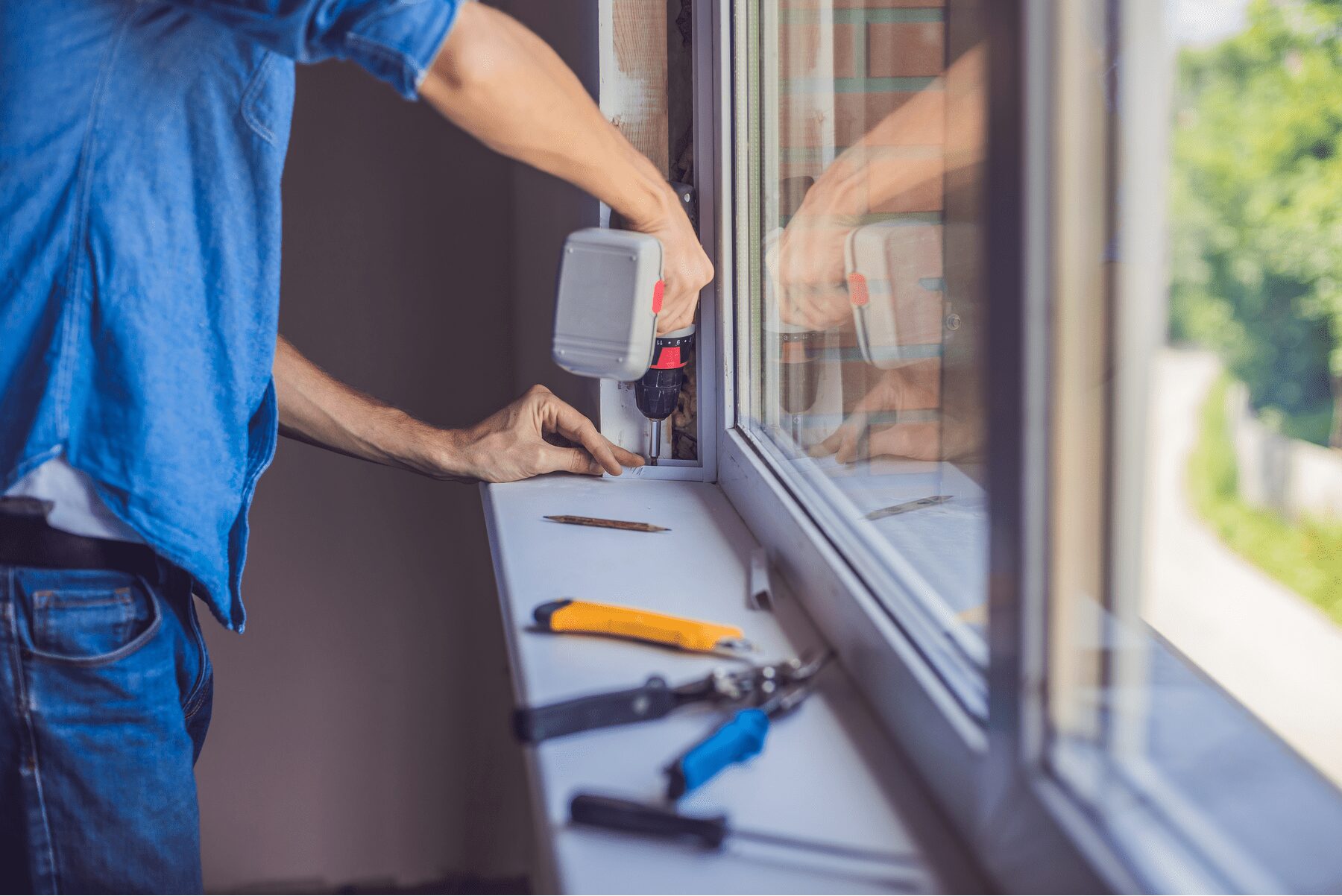Is the Problem the Tenant’s Responsibility? When to Repair Issues Yourself vs Call Your Landlord

You’re a renter and something just went wrong in your home. Who needs to fix it? Does this fall under the tenant's responsibility or is this your landlord's responsibility? The answer may not always be simple. Read on to help you decide which problems you should fix yourself and which ones your landlord should take care of.
What you’re responsible for
Here are some common situations that are the tenant's responsibility to fix:
- Fixing problems caused by your actions or negligence: If something becomes damaged that's your fault, you'll need to fix it. This can range from damage to anything you directly caused to issues caused by ignoring a different problem. This is why you should always report problems to management as soon as you find them.
Related: Tips to Avoid First-time Renters' Mistakes
- Keeping your home safe and sanitary: If you let your home fall into disrepair, you’re responsible for fixing it. The most common results of neglect are stubborn smells or mold growth.
- Not violating building codes: You have some responsibility here. The building itself is management’s responsibility, but it's still part of the tenant's responsibility since you can still violate any code. Make sure not to create any fire hazards or block access to electrical panels.
- Leaving fixtures and features of the property in their current state: If you want to make a change to the property, you'll need management’s permission, which they can deny. If you make changes anyway, you’re responsible for the home returing back to its original state. You might even have to pay for violating the lease, so avoid this if at all possible.
Related: 6 Maintenance Issues You Should Probably Fix Yourself
What management is responsible for
- Keeping the property habitable: If something makes the property uninhabitable, it's management’s responsibility to fix it. The exception is if it’s specifically your fault due to your actions or negligence. Your landlord may also be responsible for helping you make arrangements to live elsewhere while repairs are being made, though this varies by location.
- Keeping utilities in working order: While bills are the tenant's responsibility, management is still in charge of making sure things work. If power, water or something else fails, it’s on them to get it working again.
- Follow building codes in the area: Management needs to make sure the building is up to local building codes, including fire, electrical, hurricane or anything else relevant to your area. You need to make sure not to violate any yourself, but the responsibility of the building falls on them.
- Supervising workers on the property: When workers come in to improve or repair the property, it’s not your responsibility to oversee their work. The property manager is responsible for making sure the workers do their jobs correctly. This isn’t the case if you hire the workers yourself, though.
Look to the lease
When you’re unsure about something, go back and review the lease. It should spell out what the tenant's responsibilities are and which are the landlord's, especially if there are special arrangements in place. Along with local laws and regulations, the lease will likely give you the answer whether you or your landlord should handle a particular issue.
You cannot be held responsible for everything
There are limits regarding how much responsibility should fall on you. Your lease can’t delegate all repairs to you. The landlord or property manager is responsible for some, regardless of what’s stated in the lease. This is especially true about repairs that make your home habitable. If the lease says you’re responsible for something in this category, you’ll want to consult with a lawyer.
Fixing things yourself
If you’re a professional or just particularly handy, you may be able to fix problems around your home yourself. Before repairing anything significant, check with management. They may not want you making changes or repairs to their building, so verify that you can before pulling out your tools.
Arrange for repairs to be fixed
If you’re not handy, you may be able to arrange for someone else to fix any issues that arise. However, be sure to check with management first before calling anyone — they may have dedicated staff or preferred contractors that they use exclusively.
Paying for it
Your landlord may hire contractors to fix a problem in your home, but they could ultimately make you pay for it by adding the cost to your rent that month.
The reverse can also happen. If a problem is management’s responsibility to fix, they may allow you to make the fix or hire contractors to fix it. In that case, get it in writing that not only is management allowing this, but they will deduct the cost from your rent.
Rental home maintenance responsibilities aren't always straightforward. However, communicating all problems with management and referencing your lease when you have questions will help keep everyone informed and on the same page.
Read more: What Exactly Does Renters Insurance and Landlords Insurance Cover? and Why You Should Submit a Maintenance Request in Writing
As with all topics related to law, we do not and cannot give legal advice. Before taking any action, we recommend checking your local laws and talking to a lawyer to clarify your particular situation.
